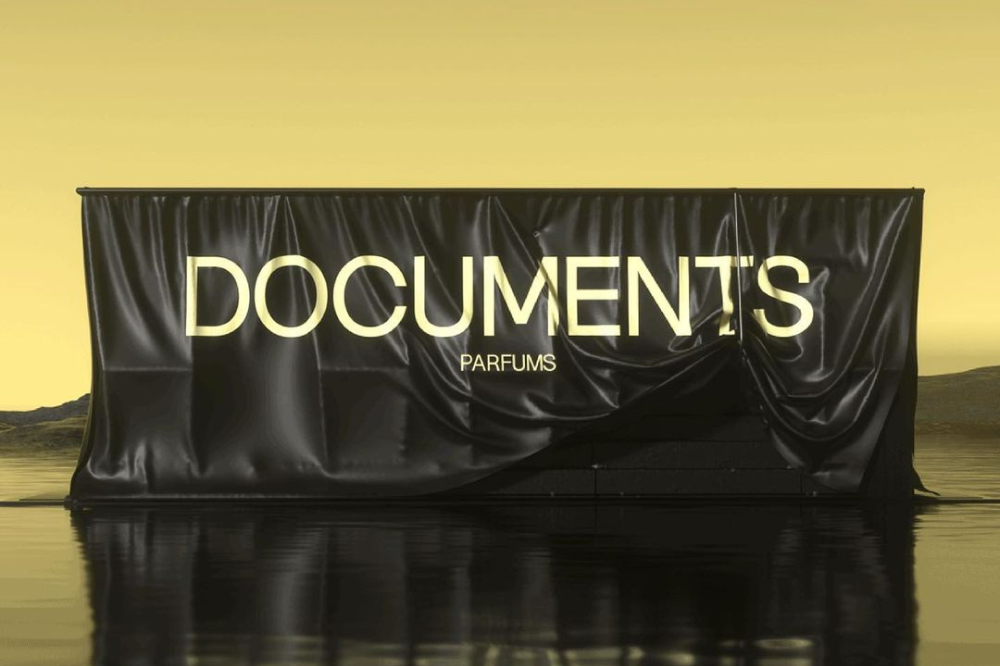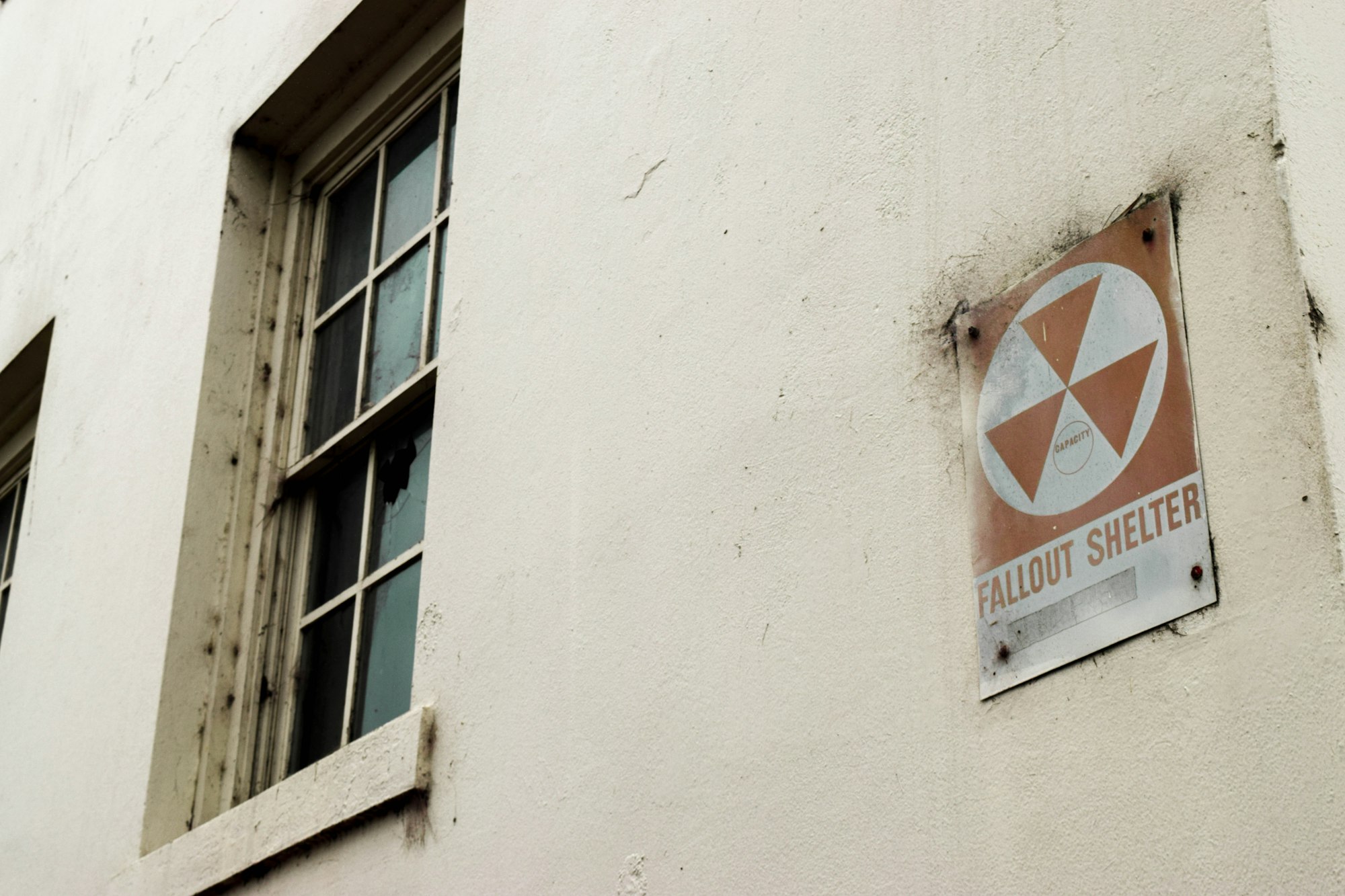China is officially reinventing luxury on its own terms

As an echo of last February's article on cracking the luxury market in China and other signals indicating that China was starting to get branding right, we now have many little big bangs confirming European brands are officially in trouble. While selling Western taste and glamour for decades was an easy win for most high-profile customer brands, this golden age is now over.
One big-bang I'm referring to is L'Oréal investing in Documents Perfumes through its Shanghai Meicifang Investment fund.

Documents though, is quite a significative actor as they are among the rapidly growing cloud of Chinese brands fully dedicated to reinventing luxury on their terms. No call back to European aesthetics or porcelain-faced blond models. The brand has created its own codes derived from an imagined past and chanku aesthetics (think wabi-sabi meets Hang dynasty). The fact that most of Documents customers are Gen-Z didn't escape L'Oréal too. Acquiring this consumer segment and establishing a long-term relationship with them is a unicorn-level challenge.
A significant strategic shuffle that you should pay attention to is that Documents rapidly became a signature luxury brand in China not with a digital-only strategy, but to the contrary, a brick-and-mortar strategy (opening a flagship store first on Shanghai’s famous Huaihai Middle Road and snobing Chinese powerful digital platforms such as Tmall altogether). Only later did they choose to focus on specific digital marketplaces such as Net-a-Porter, thus challenging the common big brand wisdom.
Beyond L'Oréal and Documents, this a gold rush moment for perfume in China. The market is still vastly underdeveloped in China, and multinational beauty brands understand there's a once-in-a-decade window of opportunity, equivalent to introducing high-end skincare and cosmetics in the country more than 20 years ago. Except that now, copying and pasting international formulations and branding codes won't cut it anymore.
The kicker, though? While European brands try to figure this out and try out strategic alliances, these newly-fangled luxury Chinese brands are already planning their next move. Aggressively exporting to Europe and the U.S.
Why does it matter?
Whether you are interested in the beauty market or not, this signals that from now on, Chinese consumers will demand brands that relate exclusively to them, their culture, and their tastes. The glamour of old Europe or the fanciness of U.S. technology is so 2018. This is not a fun memo addressed to the Teslas and the Starbucks in the region, not to mention Apple.
Outside of the luxury market, 14 Chinese brands are now part of Kantar's annual Most Valuable Global Brands ranking. If we have become peripherally aware of companies like Tencent, Xiamoi, or Alibaba, most Western analysts will struggle to know who Moutai is. It's OK; they're just five places ahead of Coca-Cola in this ranking, so no worry at all 🙄
And it's certainly time to remember that innovation is not about technology; it's about changing the market... or being able to deal with how the market is changing on its own, whether you're in China or not.
But if you're in China, yes, it will be extra tough.





